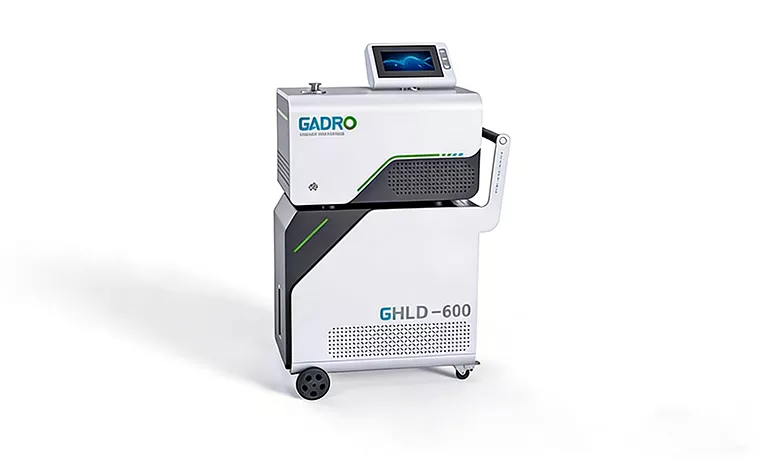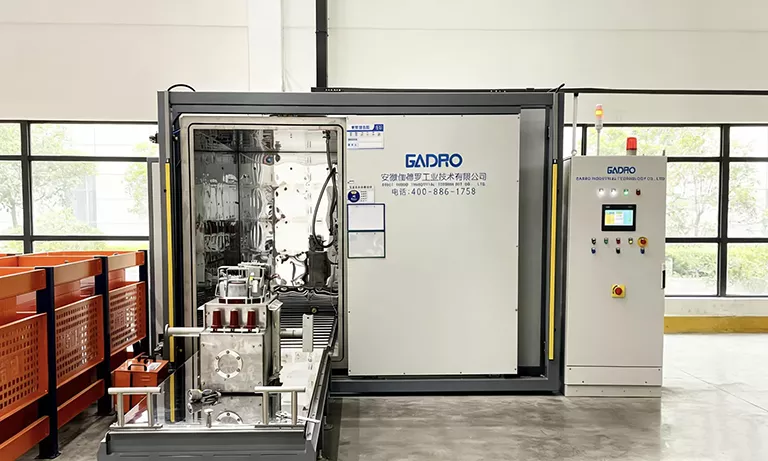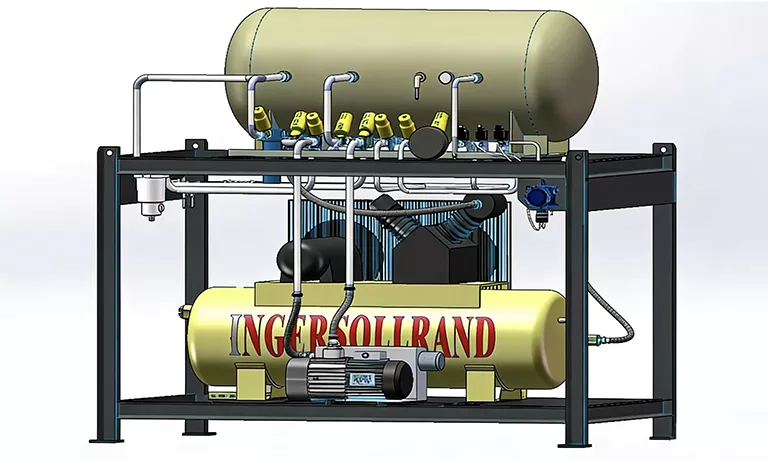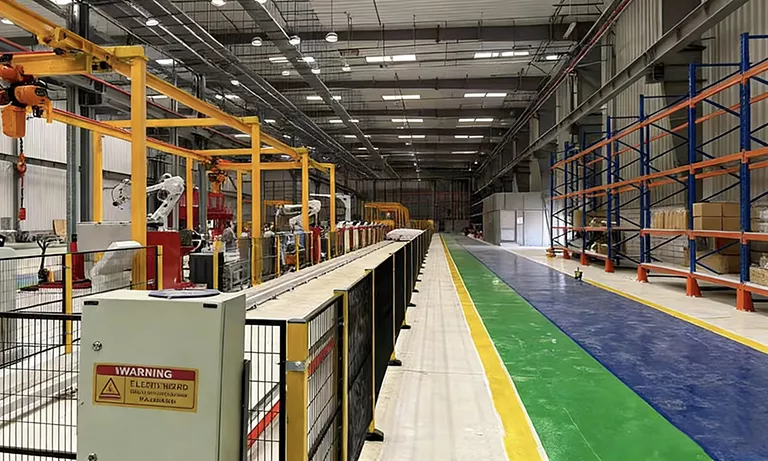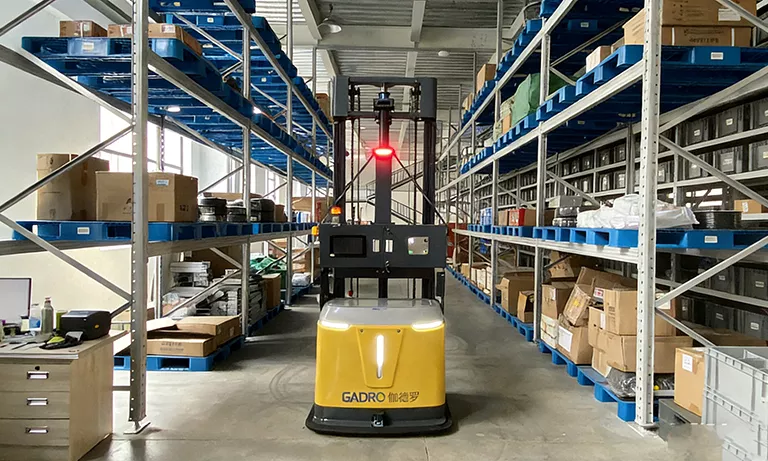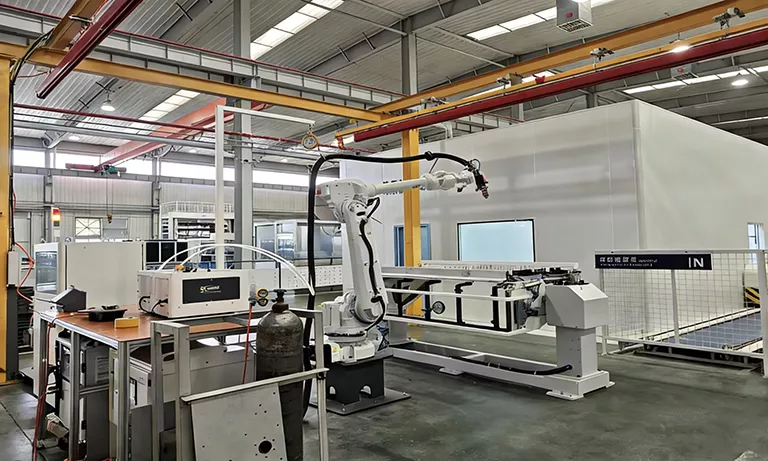Table of Contents
In Industrial manufacturing, ensuring product airtightness is crucial. Whether in medical devices, automotive parts, or semiconductor production, even the tiniest leaks can lead to serious quality issues or safety hazards. If you have high standards for leak testing, helium mass spectrometry leak detectors will be the ideal solution. This article will outline the advantages of helium mass spectrometry leak detectors, key purchasing points, and market prices, helping you make an informed buying decision.
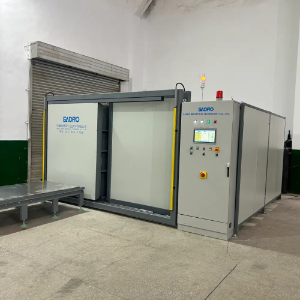
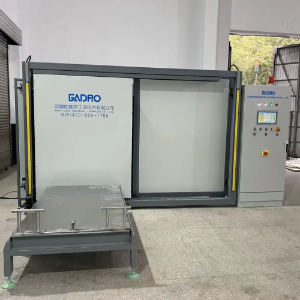
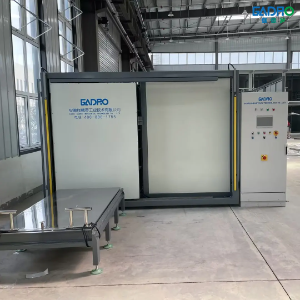
What is helium mass spectrometry leak detection?
Helium mass spectrometry leak detection is currently the most accurate airtightness testing technology. It leverages the extremely small size of helium molecules, which allow them to easily penetrate tiny pores, and the extremely high sensitivity of helium mass spectrometers to detect even the smallest leaks in products. This method enables quantitative detection and pinpoints the exact location of leaks.
How does spectral leak detection work?
The core of a helium mass spectrometer leak detector is a mass spectrometry system. Its operating principle can be summarized as follows:
Evacuation and filling: The interior of the product under test is evacuated, and then helium is filled into the exterior (or vice versa).
Helium leakage: If a product leaks, tiny helium molecules will enter the product through the leak.
Inhalation and ionization: The leak detector’s vacuum pump draws these leaking helium molecules into the leak detector and ionizes them into positively charged helium ions.
Acceleration and deflection: These helium ions are accelerated by an electric field and enter a magnetic field.
Mass spectrometry: In a magnetic field, ions of different masses are subject to different Lorentz forces, causing their trajectories to be deflected. Helium ions, due to their light mass, have unique deflection trajectories.
Collection and signal conversion: The leak detector’s collector precisely captures these specific helium ions, amplifies their signals, and converts them into quantifiable electrical signals. The size of this signal is proportional to the leakage amount, thus achieving high-precision leakage detection.
What are the advantages of Helium Mass Spectrometry Leak Detectors?
The advantages of helium mass spectrometer leak detection systems are reflected in four aspects: ultra-high precision, rapid and efficient testing, quantitative analysis, and non-destructive testing.
- Ultra-High Precision: Helium mass spectrometry technology can achieve sensitivity levels of $10^{-12}$ Pa·m³/s, enabling it to detect minute leaks that traditional methods struggle to find, ensuring impeccable product quality.
- Fast and Efficient: These devices support highly automated testing processes, often completing the inspection of a single product in just a few seconds to tens of seconds, significantly boosting production efficiency.
- Quantitative Analysis: Helium mass spectrometry leak detectors provide precise leak rate values, giving you a clear quantitative understanding of your product’s airtightness, thereby facilitating quality control and data traceability.
- Non-Destructive Testing: Using helium as a tracer gas in the detection process ensures that no damage occurs to the product, maintaining the product’s integrity.
Helium Mass Spectrometry Leak Detectors Market Prices and Customization Services
The price range for helium mass spectrometry leak detectors varies widely, typically from hundreds of thousands to over a million yuan. The price mainly depends on the brand, configuration, automation level, and leak sensitivity.
If your leakage testing requirements are unique, standard equipment available on the market may not completely meet your needs. In such cases, customized services become particularly important. You can discuss the following parameters with your supplier to jointly design the most suitable equipment solution:
- Product Material and Surface Conditions: For instance, whether there is oil, moisture, or special coatings on the surface, which will affect the choice of the vacuum system.
- Testing Pressure: Clarify whether it involves positive or negative pressure testing.
- Testing Flow Rate: Specify the exact requirements for leak rate.
- Production Throughput of the Product: This will influence the design of the fixtures and automation system.
By providing these parameters, you can devise a specialized piece of equipment that aligns with your production process, ensuring both detection accuracy and maximum cost-effectiveness.
Conclusion
When selecting a helium mass spectrometry leak detector, do not focus solely on its initial price; instead, consider the long-term benefits in terms of efficiency, quality assurance, and after-sales support. This investment will help you comprehensively address airtightness issues and enhance your product’s competitiveness, positioning your business strongly in the market.

